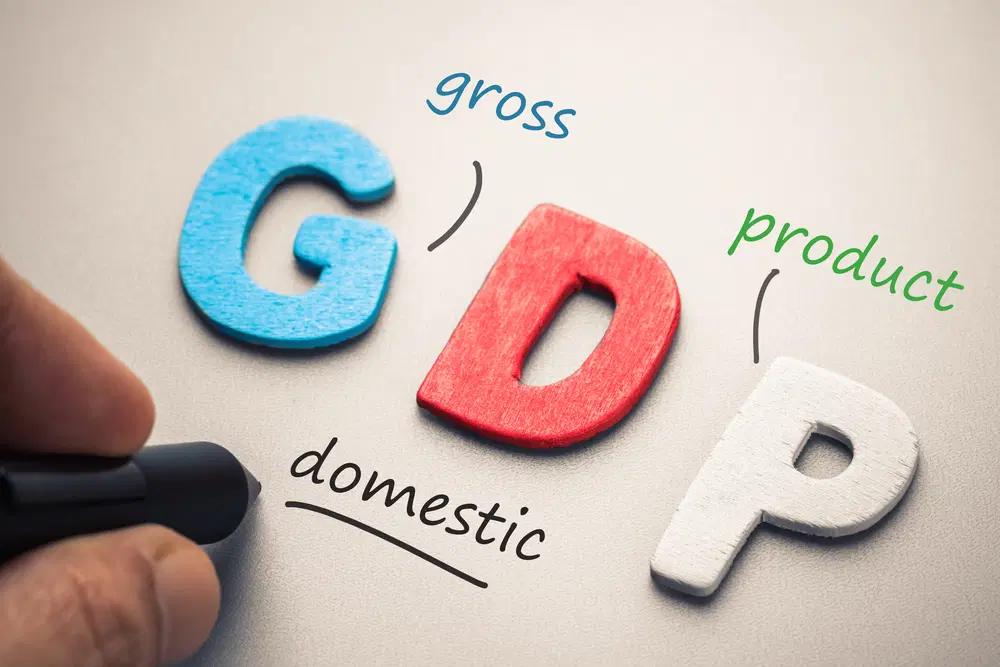Approximately 1.6 million Nigerians are currently working under forced labour, according to the International Labour Organisation (ILO). The ILO’s report, titled “Acting against Forced Labour: an Assessment of Investment Requirements and Economic Benefits,” reveals that liberating these individuals and integrating them into the formal workforce could lead to a global GDP increase of $611 billion.
The report indicates that ending forced labour and transitioning freed individuals into formal employment could generate significant economic benefits, shifting value from illicit operations to the formal economy. Francesca Francavilla, Senior Economist at the ILO, emphasized that addressing forced labour is both a moral and legal obligation, and the financial gains from such actions underscore their economic viability.
The report estimates that implementing key interventions to combat forced labour would require a one-time investment of $212 billion, which represents about 0.14% of global GDP. This figure covers targeted interventions and excludes broader policy and legal reforms necessary to address the root causes of forced labour.
The ILO’s 2022 Global Estimates of Modern Slavery report identifies more than 27.6 million people worldwide in forced labour, an increase of 2.7 million since 2016. Scott Lyon, ILO Senior Project Policy Researcher, highlighted the ongoing risk of forced labour and the need for urgent investment in anti-forced labour initiatives.
The projected GDP rise from ending forced labour is expected to result in higher tax revenues and reduced costs for victim services. These additional resources could support national development objectives. The ILO report also stresses the importance of investing in broader strategies to combat the root causes of forced labour.
The ILO calls for governments, employers, and workers’ organizations to develop national strategies to mobilize resources and address financing gaps, with international support playing a vital role in these efforts.

